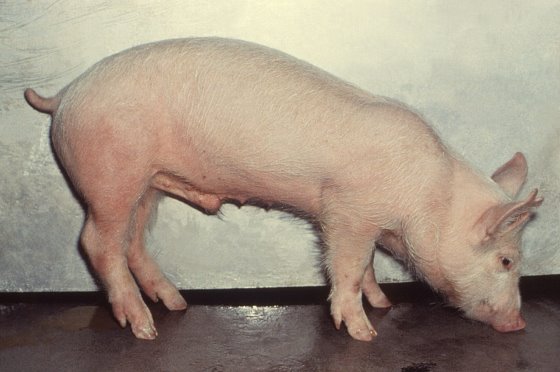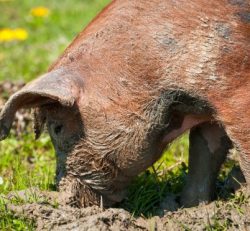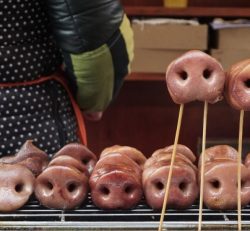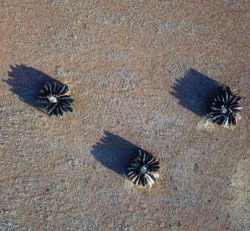JAPAN FINDS 1ST CLASSICAL SWINE FEVER (CSF) CASE IN 26 YEARS
For the 1st time in 26 years, an outbreak of Classical Swine Fever (CSF) has been found in Japan. The presence of the viral disease, also known as hog cholera, was confirmed by the Japanese ministry of agriculture.
As a result, the country suspended exports of pork and wild boar meat, news agency Reuters reported. The news of the outbreak was shared by the Japanese ministry of agriculture on Sunday, September 9. The virus had shown up on a farm in central Japan’s Gifu city, located in Gifu prefecture, and 1st examinations had started on September 3.

A pig suffering from Classical Swine Fever – in signs indistinguishable from African Swine Fever. This picture has the skin showing areas of diffuse erythema. Photo: CDC/ Dr Jerry J. Callis, PIADC/ Dr Brian W.J. Mahy, CDC
According to the website Channel News Asia, the Japanese authorities culled 610 animals after 80 pigs had died. Within 24 hours, the farm was also disinfected. The site added that Japan sold about US$ 9 million in raw pork meat to foreign markets in 2017.
So far it is unknown how the virus might have entered the country.
Last known CSF outbreak in 1992
The last known outbreak of CSF in Japan took place in 1992 in Kumamoto prefecture. That is about 800km to the south west of Gifu. Ever since, Japan has been working hard to achieve a status of being free from CSF. It stopped vaccinating as from 2000 and received the OIE status ‘free from CSF’ in 2007.
Classical Swine Fever, although partly identical in name and clinical signs to African Swine Fever, is caused by a completely different virus than its namesake that is being found in increasingly more cases in China these days.
Vincent ter Beek
Editor of Pig Progress / Topic: Pigs around the world
Source: www.pigprogress.net











